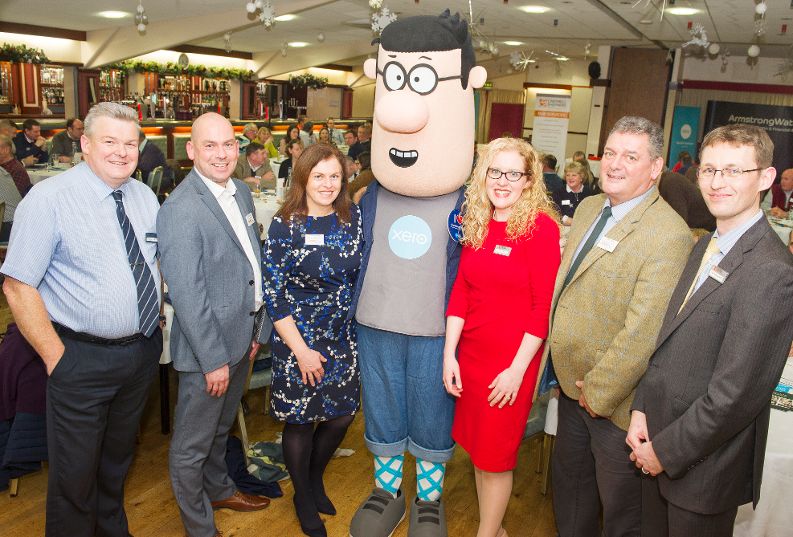THE focus of the agricultural sector was tuned into a unique event which tackled challenges and opportunities in the sector against the backdrop of an uncertain post-Brexit economy.
More than 125 people, including Sue Howorth from the Family Business Network packed into The Shepherd’s Inn at Rosehill, Carlisle, for the Future Proof Farming event, which was a collaboration between four major organisations. Legal firm Cartmell Shepherd joined forces with accountants Armstrong Watson, The Cumberland Building Society and The Farmer’s Network to examine issues including the Agriculture Bill and
diversification in the sector.
And there was a rousing presentation from young farmer Jimmy Stobart, who along with his brother, Thomas, has taken on the family business and overhauled it. “The need for change is a mindset, and once you find that – usually it is driven by profit – you have a starting point,” he said. He told delegates how the family has invested in new innovations relating to grass, whilst also
creating a fishing lake and vintage car storage and hire business. With plans for a campsite on the horizon, the future is promising – although it is livestock, and the land they graze which is the primary focus. Jimmy, whose farm is in the Eden Valley, said; “Grass is not at the forefront of most farmer’s minds, they just view it as a field. “But by changing a bit of infrastructure and incurring some modest cost, you can move your animals around quicker, the grass recovers faster and the rule of thumb is a well-run rotational system will grow 40 percent more grass and effectively provides free food.”
There was a salutary warning from Cartmell Shepherd’s Katherine Pretswell Walker, who had covered planned post-Brexit reductions in the EU’s direct payments for farmers. It was underpinned by figures which revealed some farming operations receive huge chunks of their income through subsidies – with them accounting for 94 percent of profit for lowland grazing livestock farms, and a staggering 114 percent for mixed farms. “The sun is shining now,” said Katherine. “But there is a storm coming, and rather than try to guess what the size of the storm may be, it’s time to fix the roof.”
A ‘do it now’ plea around Making Tax Digtal was issued by from Armstrong Watson’s head of agriculture Andrew Robinson who said: “You have no choice. It is coming so act now and make sure the software you are using is compliant. “Please don’t ignore the opportunities this change presents, especially with the uncertainty we have ahead of us. The more information you can have about your business, the more it will push you forward.”
For Jonathan Carroll, a director at Cartmells and the firm’s head of agriculture, the evening proved to be a good opportunity for honest debate: In a straight-talking presentation, he spoke about the inevitabilities of life. “Death will happen,” he said. “Divorce sadly does happen, disputes do inevitably happen, and we see too many of them at the wrong end, when matters have become hugely contentious. “If people can put in the contingency planning around sensible agreements and conversations about what happens if, then a lot of pain and money can be avoided.”
Other speakers included Grant Seaton of the Cumberland Building Society who spoke about the finance options open to farmers looking to diversify into the holiday letting market, and Adam Day from The Farmer Network, who discussed the importance of networking and sharing experiences within – and with those outside of farming circles.”





 Login
Login
